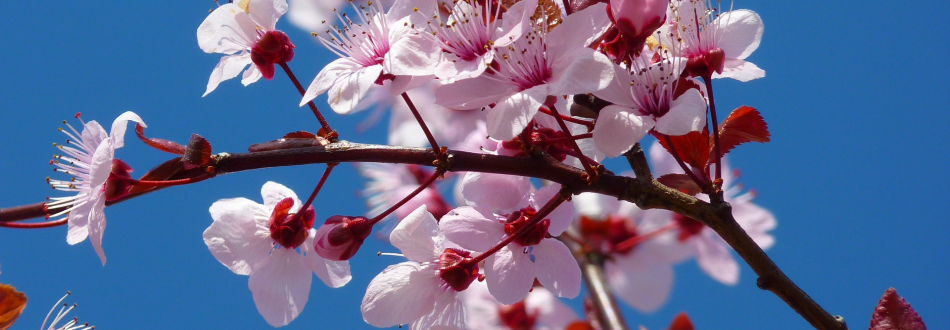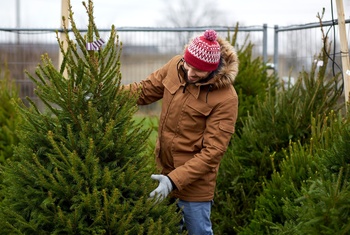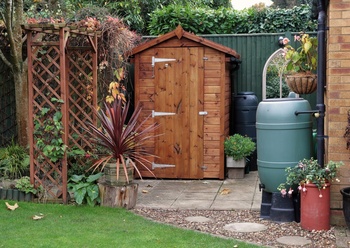
The UK’s first garden devoted to air quality has been planted at Sheffield Botanical Gardens.
Local schoolchildren planted the 6m x 8m (20ft x 26ft) garden, set up by the universities of Sheffield, York and Leeds and funded by the White Rose Universities Consortium. It contains plants which are particularly sensitive to ozone and nitrogen dioxide pollution such as lettuce, wheat, clover, common milkweed and coneflowers.
All will be monitored throughout the year. Although air pollution is invisible, its effects should show up on the plants: clover develops white spots on the leaves, for example, while snap beans turn a rusty brown. High ozone levels in the air can also limit plant growth and seed production in sensitive species. Effects are most visible by the end of the summer.
The project also hopes to collect information about how plants absorb polluting chemicals, as well as raising awareness of the effects of pollution on human beings.
‘Air pollution in Sheffield is bad – we do not meet European regulation standards,’ said project leader Dr Maria Val Martin. ‘It leads to about 500 premature deaths per year.’
It’s hoped the garden will act as a blueprint for further similar projects around the UK in the future.







